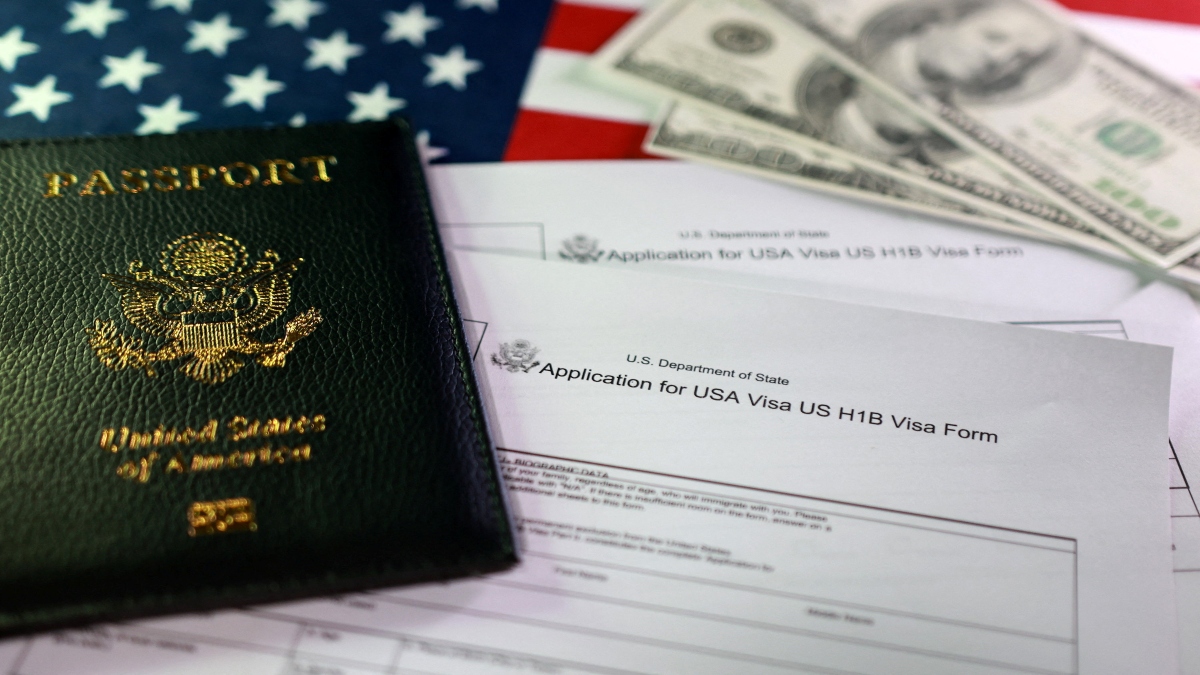In an apparent dig at the US, German Ambassador to India Philipp Ackermann has called on Indian skilled professionals to consider relocating to Germany, following President Donald Trump’s imposition of a $ 100,000 fee on H-1B visa applications last week.
“Indians are among the top earners in Germany. The average Indian working in Germany earns more than the average German working in Germany. Germany stands out with its stable migration policies, and with great job opportunities for Indians in IT, management, science and tech,” Ambassador Ackermann said.
He added that Germany’s migration policy works like a “German car”, meaning that it’s reliable, modern and predictable. Ackermann further said that Germany “does not change rules fundamentally overnight”, unlike the US, which imposed a whopping $100,000 annual fee on H-1B visa applications .
The ruling is being seen as a major blow to the US tech industry, which relies heavily on foreign workers from India and China who use this visa to enter and work in the United States.
Approximately 250,000 to 300,000 people of Indian descent live in Germany as of late 2024, with about 250,000 having a migration background and a significant number of those holding Indian passports.
Why does H-1B visa fee hike matter?
In just the first half of 2025, Amazon had more than 10,000 H-1B visas approved, while Microsoft and Meta Platforms had more than 5,000 approvals each.
The H-1B program in the United States offers 65,000 visas annually to employers bringing in temporary foreign workers in specialised fields, with another 20,000 visas for workers with advanced degrees.
Indians hold approximately 70 per cent of all H-1B visas, meaning over 200,000 Indian professionals could be directly affected by recent policy changes. Major Indian IT firms like Infosys, TCS, Wipro, HCL, and Cognizant, which depend heavily on H-1B workers for their US client projects, are likely to face significant operational challenges.
)